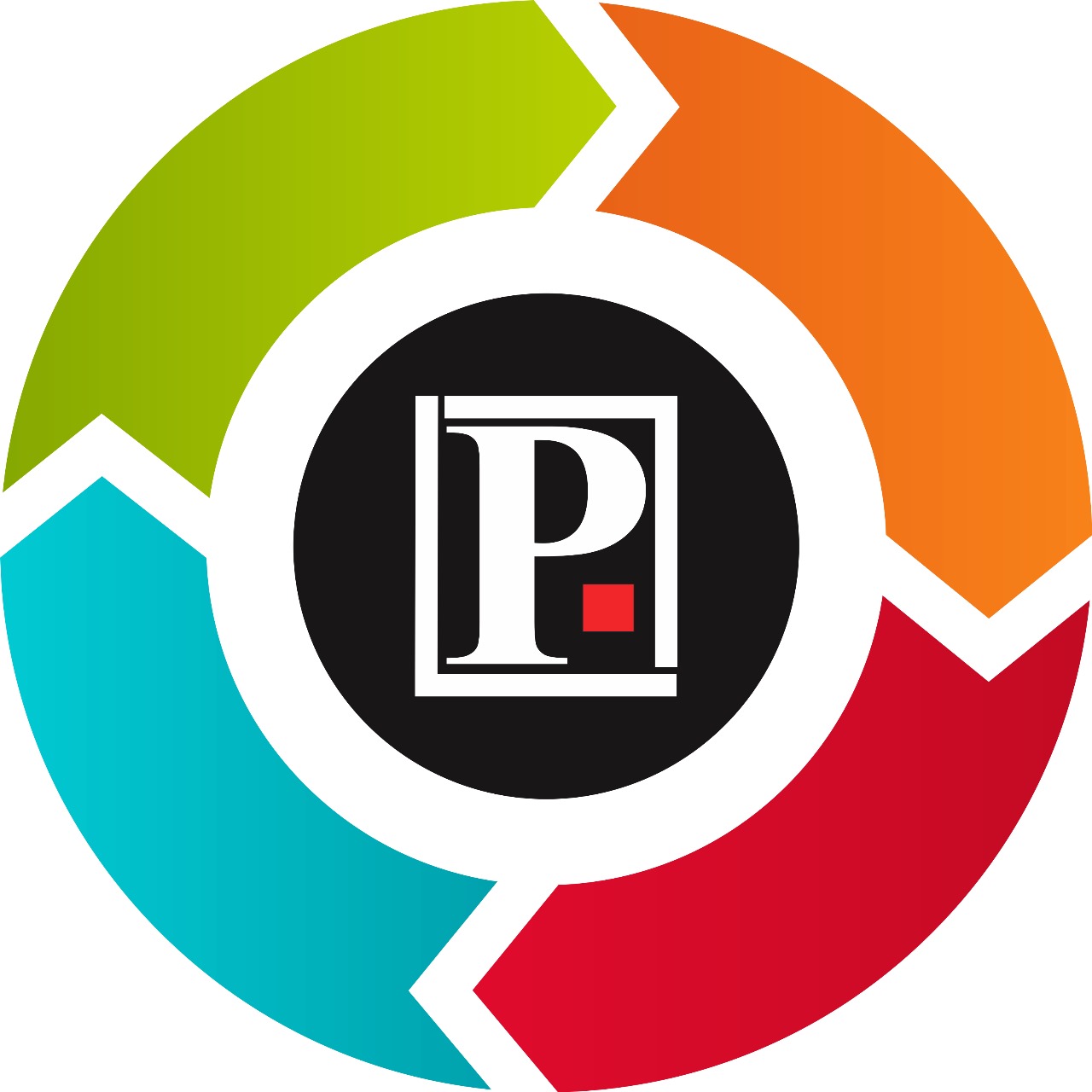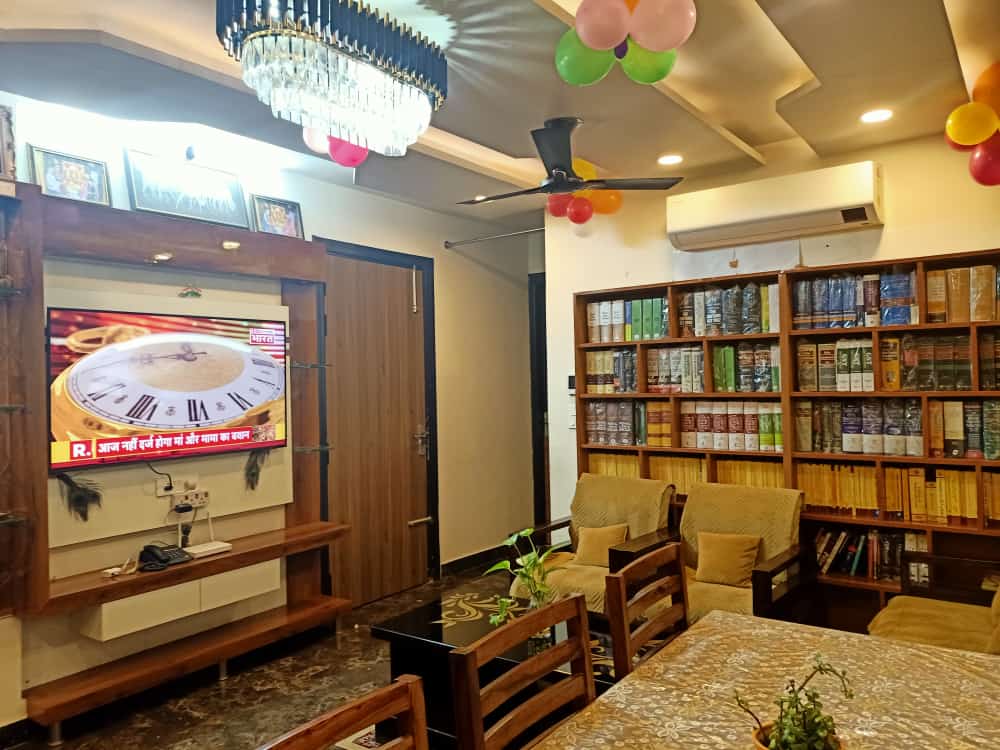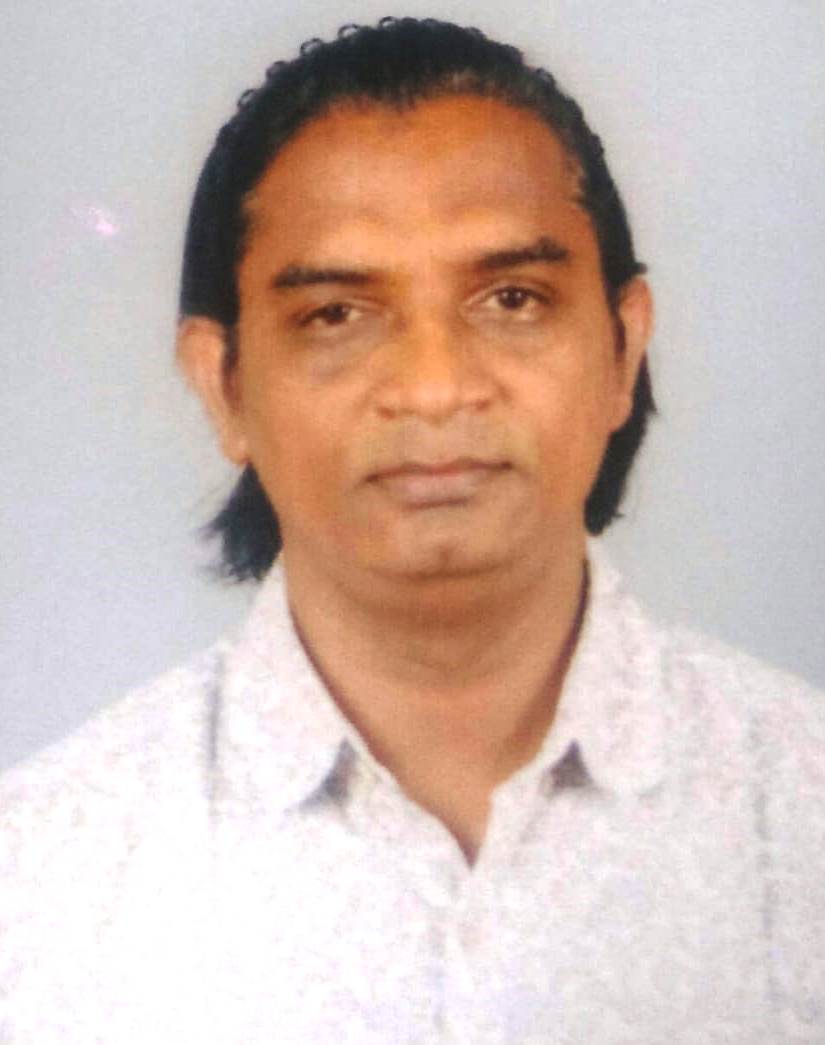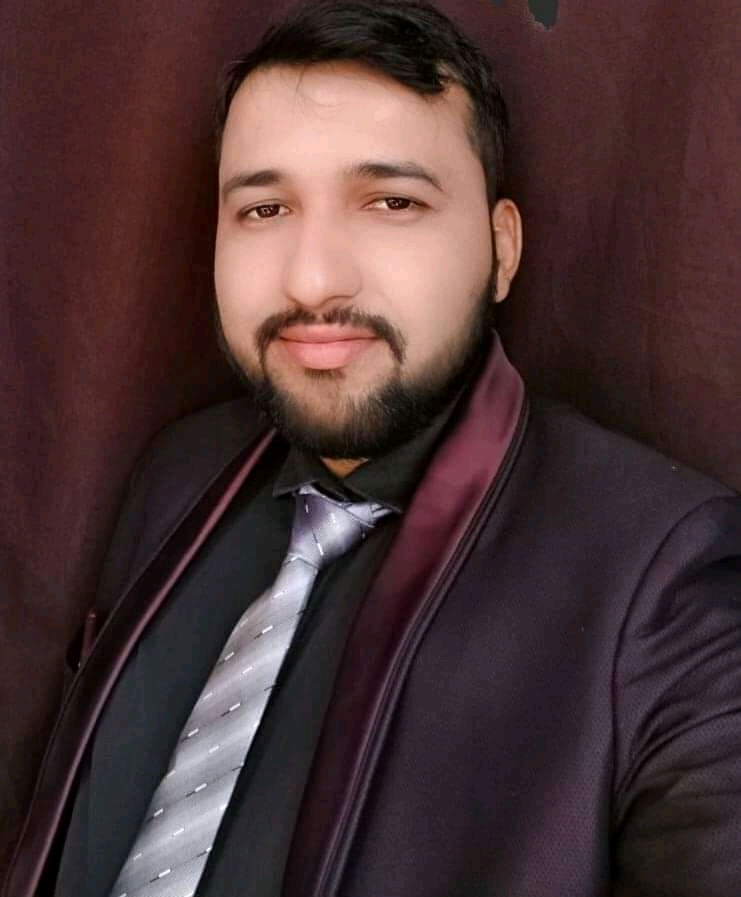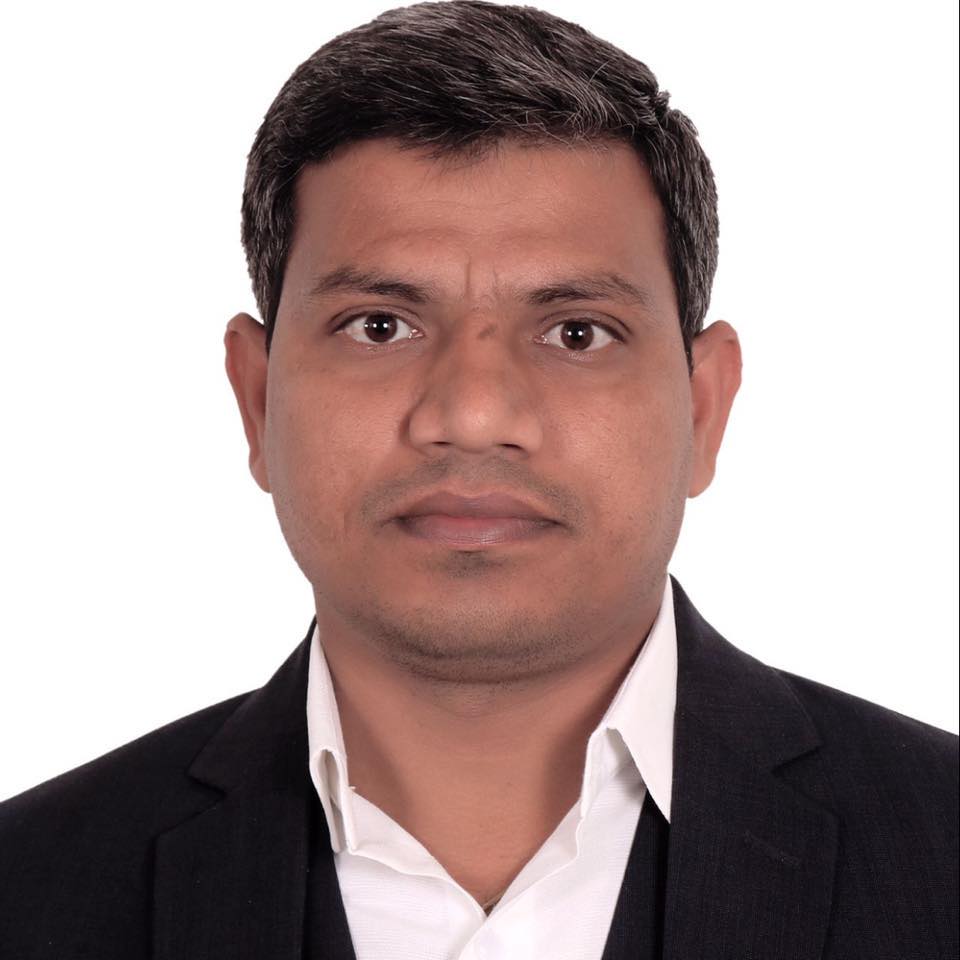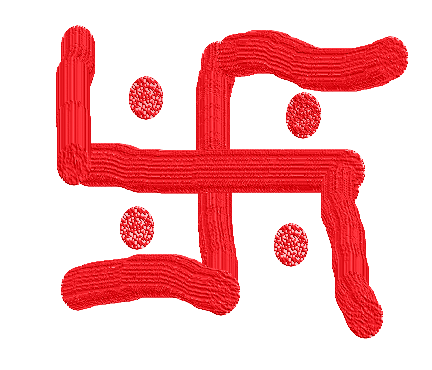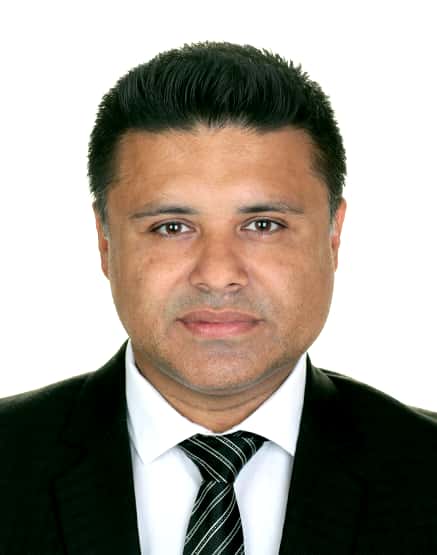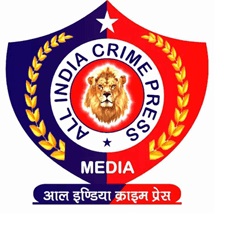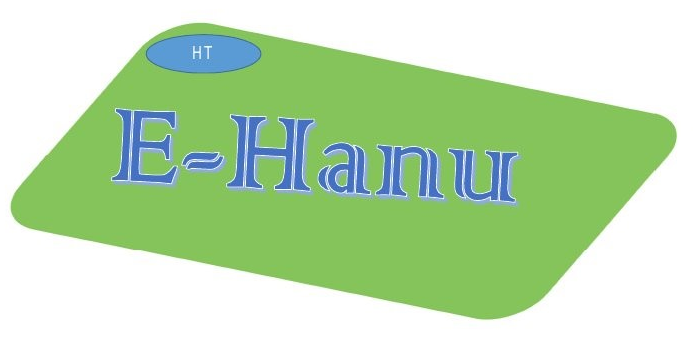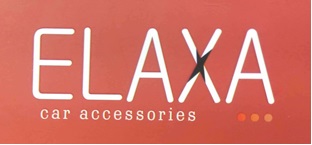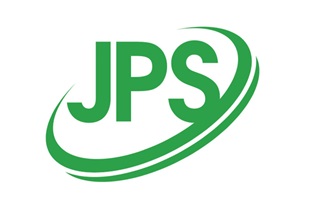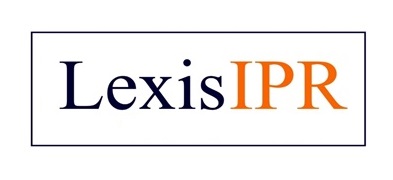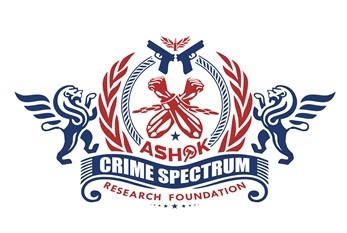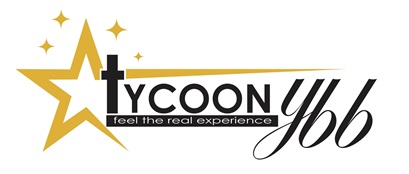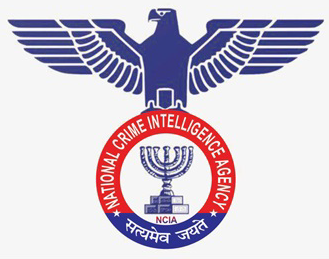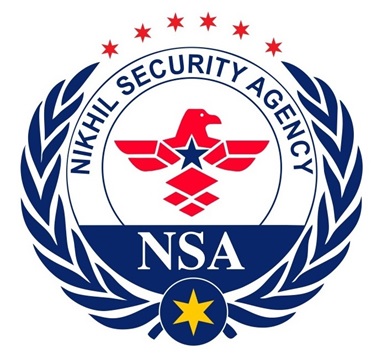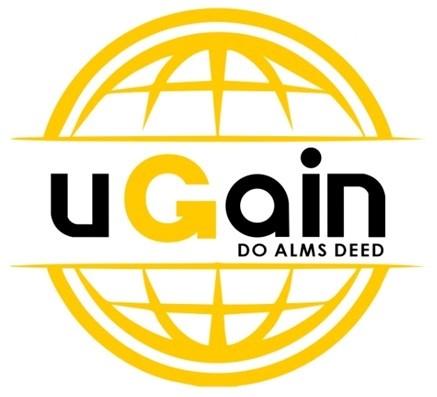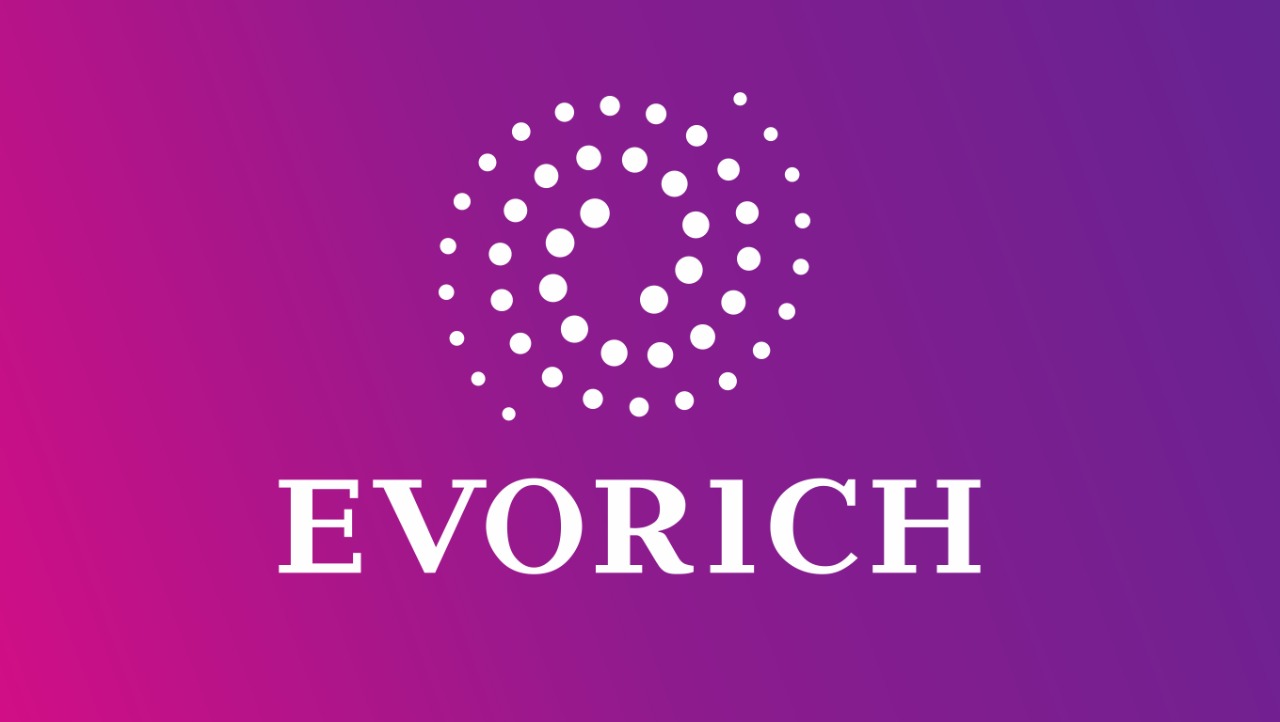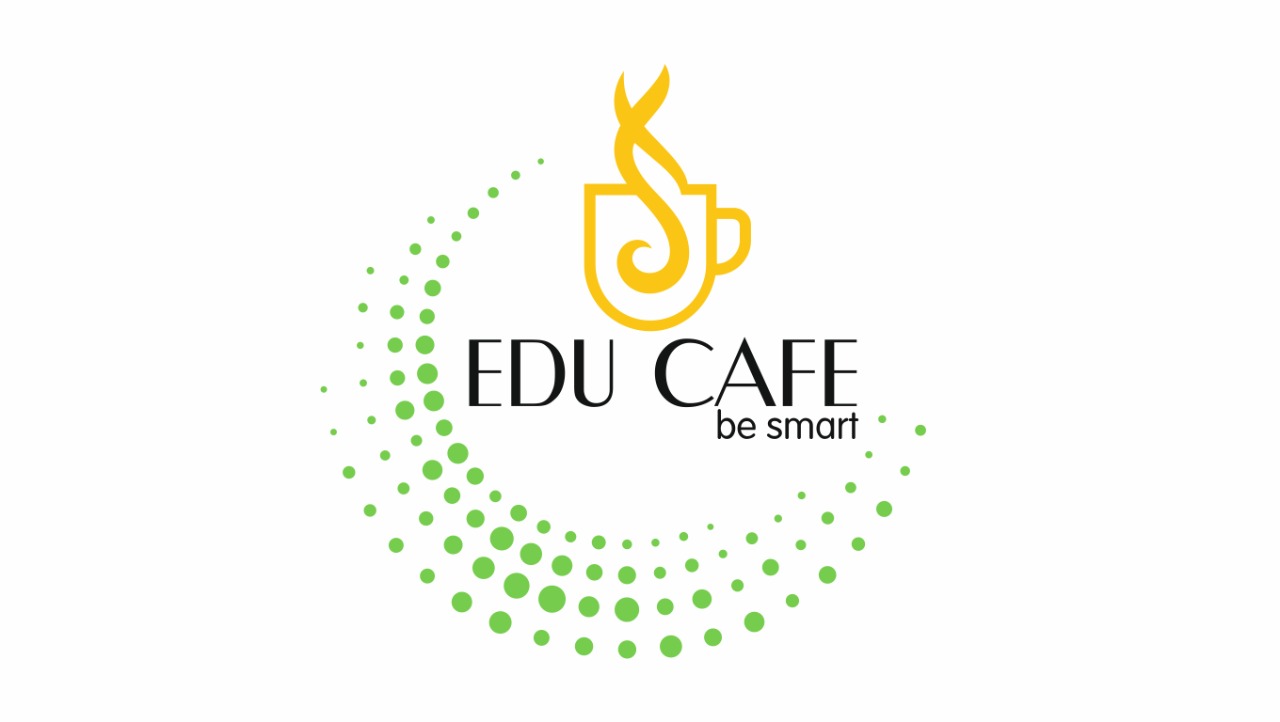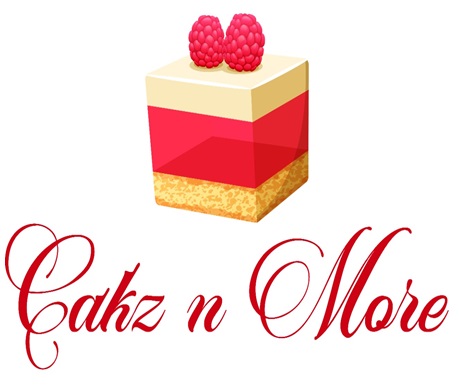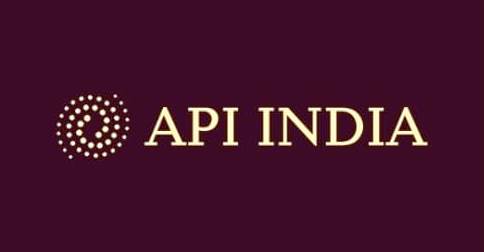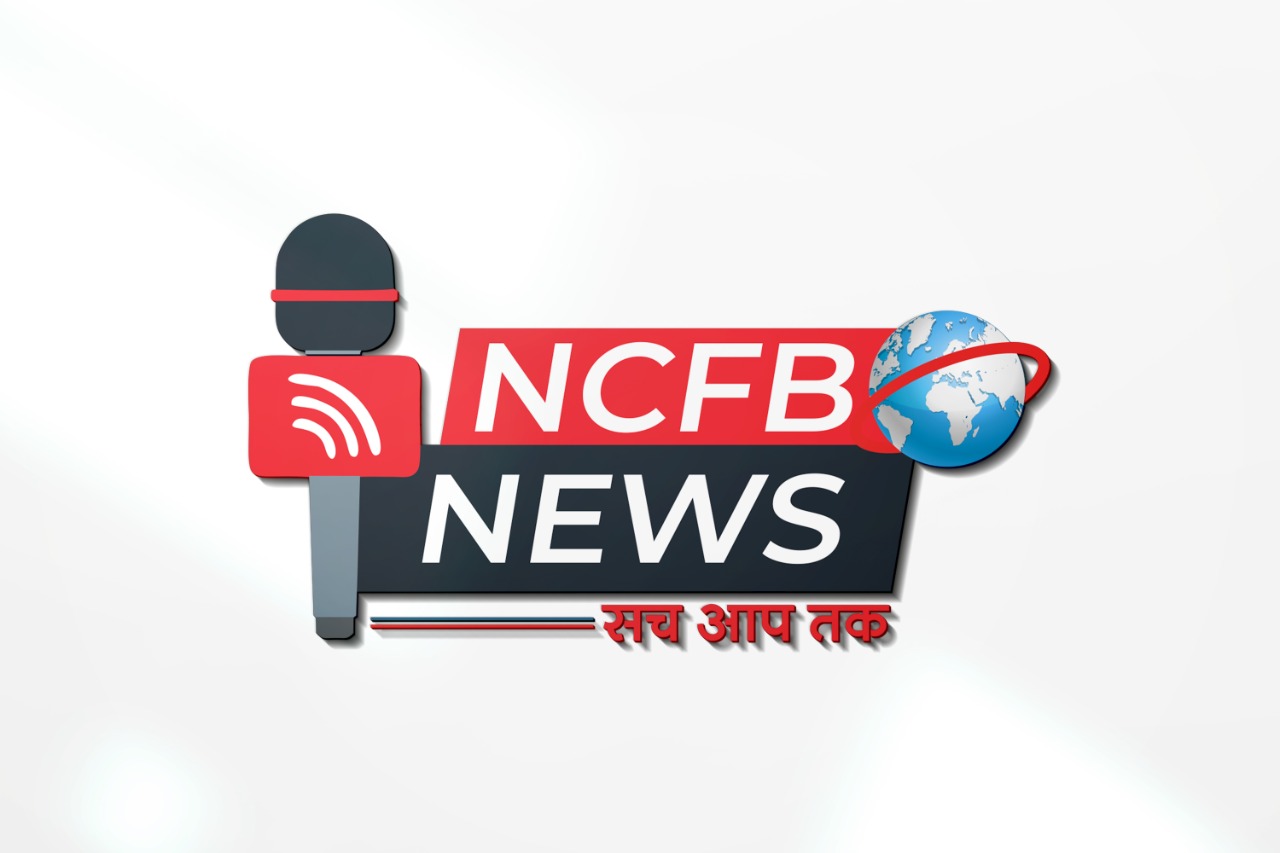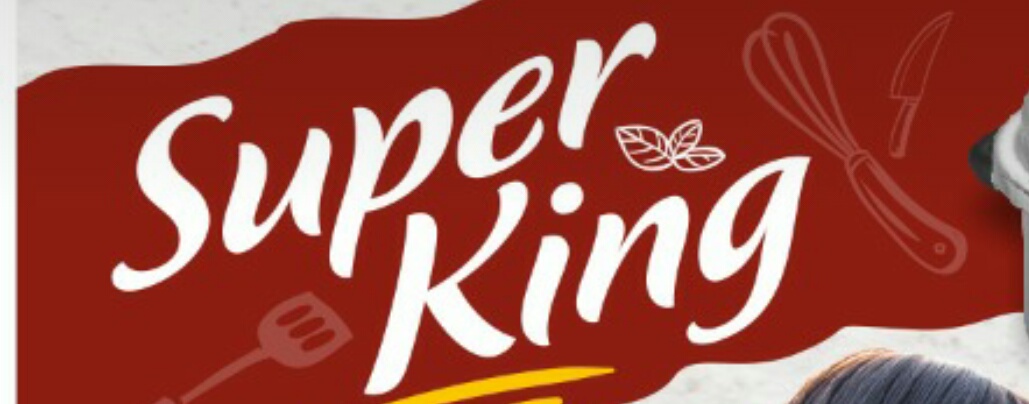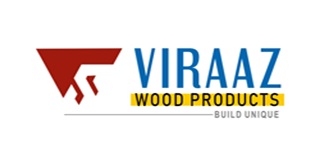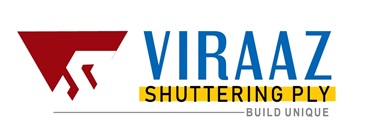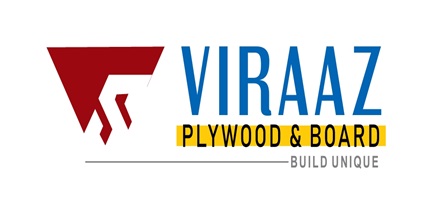Patent Prosecution
Incorporation & Registration, NGO Registration, Company Compliances, Corporate Contract Drafting, Manage Finance & Accounting, Taxation, Government Mandatory Registration
3000 +
Happy clients
300 +
Advocate, CA, CS
10 +
Associates Offices
Request A Call Back
Patent Prosecution
Patent prosecutors generally deal more closely with inventors, and assist in the patent procurement process. This would involve everything from taking down patent disclosures, drafting applications, writing responses to office actions, and developing patent strategies for clients. The patent prosecutor also engages in a significant amount of client counseling, especially as they become more experienced and deal with clients on a broader basis.
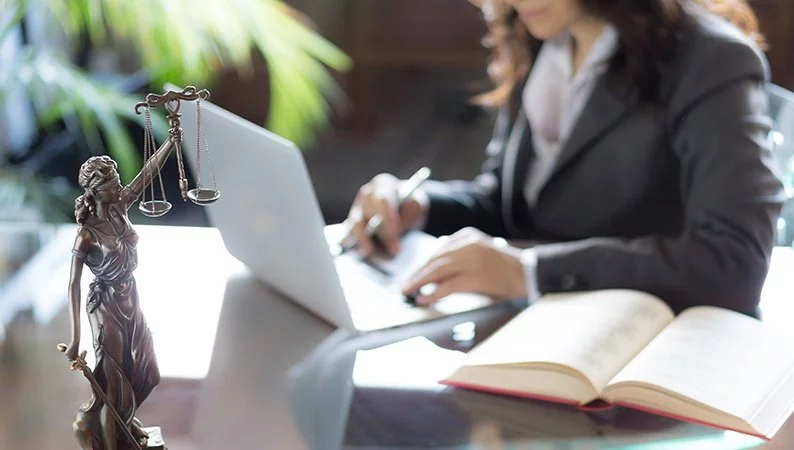
Patent prosecution generally refers to the process of obtaining a patent from the India Patent Office. Preach Law provide end-to-end services that include preparing patent applications, filing patent applications, active prosecution and close monitoring of pending patent application that includes preparing response to official action, handling of pre-grant opposition, post-grant opposition and appeals, strategizing amendments for maximizing impact, attending hearings whenever required and tracking the application during examination till grant of certificate. Our associate and experience team members including patent agents in India, who are well versed with the procedural requirements of filing patent applications in the Indian Patent Office.
Kinds of Patent Prosecution
Patent prosecution describes the interaction between applicants and their representatives, and a patent office with regard to a patent, or an application for a patent or any objection raised by patent office. Generally, patent prosecution can be split into pre-grant prosecution & post-grant prosecution. Both are described herein below:-
A. Pre-Grant Prosecution shall include:
- Preparation of an Application
- Filling an Application
- Search and Examination
- Deferred Examination
- Invention Registration
- Appeal
- Abandonment
B. Post-Grant Prosecution shall include:
- Opposition
- Re-issue, Re-examination
- Interference (if any)
Different between Patent Prosecution V/s Patent Ligation:
Patent prosecution is distinct from patent litigation, which describes legal action relating to the infringement of patents. Broadly, patent litigation and patent prosecution practice can be distinguished rather simply. Patent prosecutors generally represent clients up to and including the grant of a patent. Patent litigators generally represent clients after the grant of a patent.
Patent litigation generally involves the representation of clients who are suing another party for patent infringement, or who are being sued by another party for patent infringement. In many ways, a patent litigator’s duties are fundamentally the same as a lawyer practicing any other type of litigation. E.g., patent litigators draft briefs, motions, conduct discovery, etc., just like any other litigating attorney. Indeed, the only real difference between a generic litigator and a patent litigator is the appellate court process (which is not actually that much different), the technical subject matter of the suit, and the relatively small niche of law involved.
What types of inventions are not eligible for patent protection
Many types of inventions are innovative and perhaps lucrative. You may seek to patent such inventions to prevent competitors from making and selling the sale product. Some types of inventions will not qualify for a patent, however, no matter how interesting or important they are. For example, Mathematical Formulas, Laws of Nature, Newly Discovered Substances that occur naturally in the world, and purely theoretical phenomena—such as a scientific principle like superconductivity—are considered un-patentable. In addition, the following categories of inventions do not qualify for patents:—
- Processes done entirely by human motor coordination, such as choreographed dance routines or a method for meditation;
- Most protocols and methods used to perform surgery on humans;
- Printed matter that has no unique physical shape or structure associated with it unsafe new drugs;
- Inventions useful only for illegal purposes, and;
- Non-operable inventions, including “perpetual motion” machines (which are presumed to be non-operable because to operate they would have to violate certain bedrock scientific principles), and;
- Creative content such as poetry, books, or music, which would be potentially subject to copyright protection rather than patent protection.

